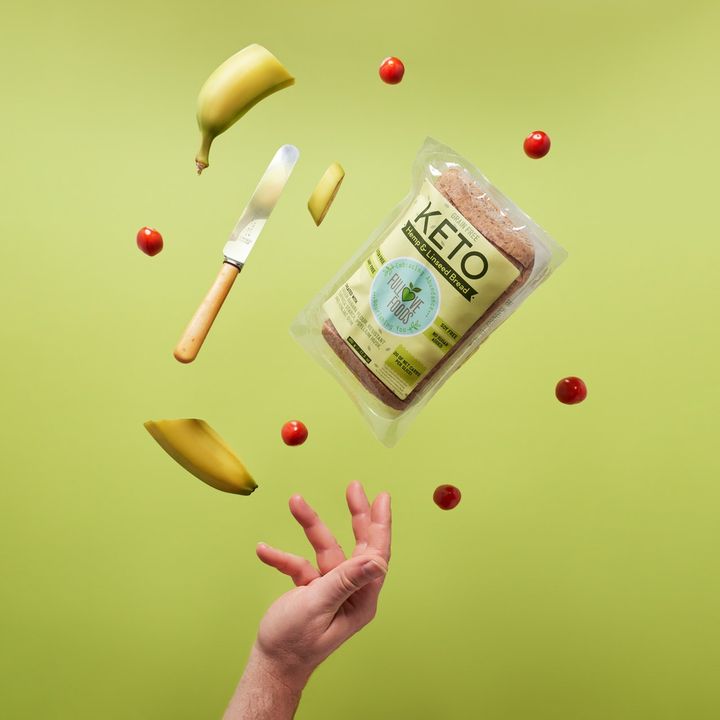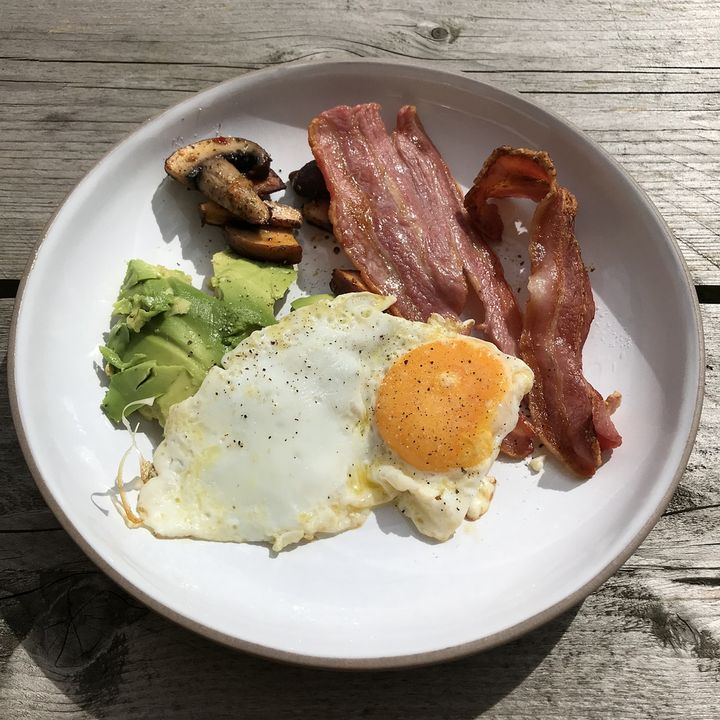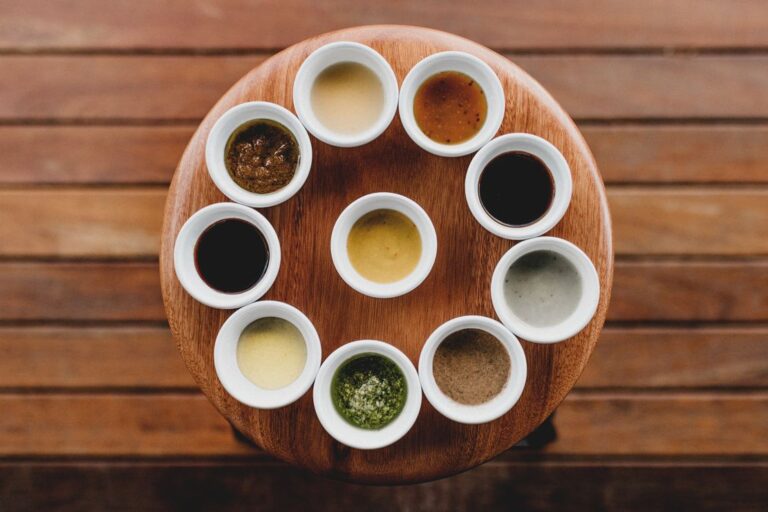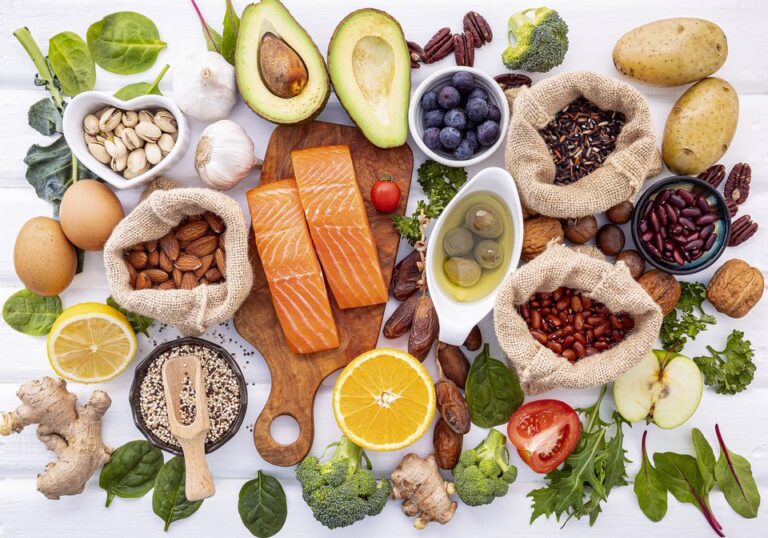WHAT IS HUMMUS?
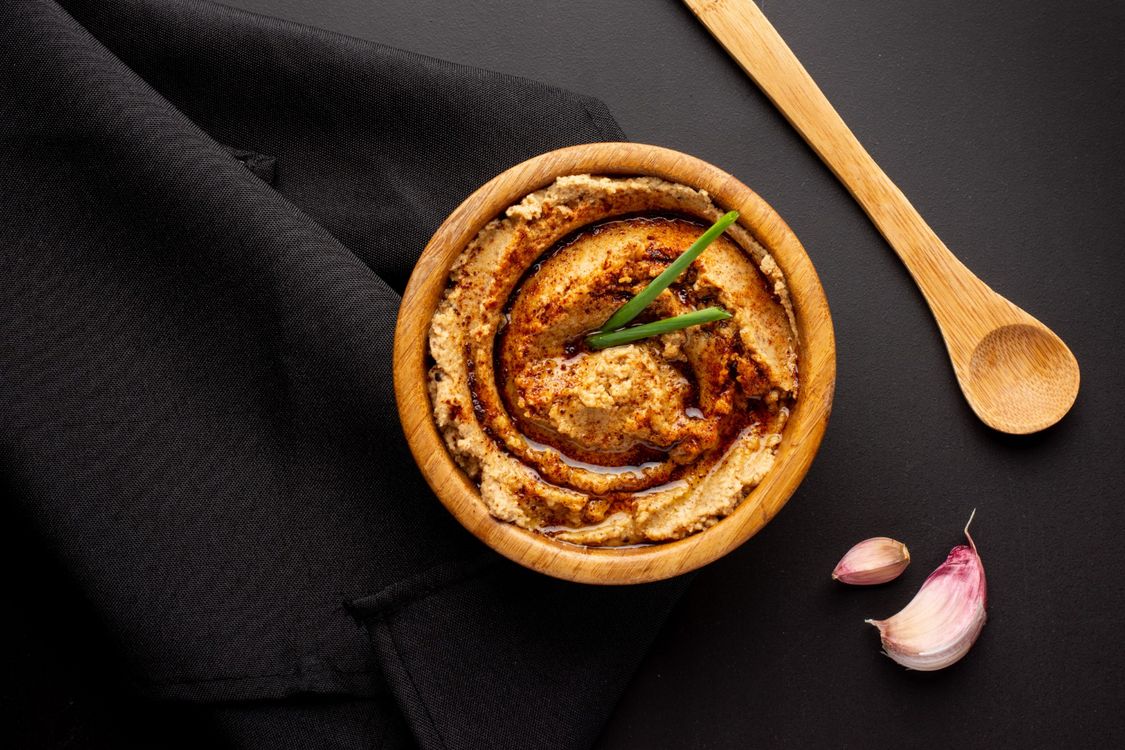
Oil-Free Hummus
What is hummus? Hummus is a creamy and smooth puree of cooked garbanzo beans/chickpeas, lemon juice, and tahini sesame paste. Many people prefer adding garlic even though it was not part of the ingredients centuries ago.
Oil-free hummus is common in a plant-based diet; however, it applies to any diet. It is crucial you make hummus on your own if you love an oil-free, plant-based diet and whole food.
Hummus at the store has added oil. Many plant-based diets do not recommend oily hummus unless you are making muffins and pancakes to ensure they do not stick.
Some people prefer not to use olive oil and tahini when making hummus. Tahini does not have much effect on the hummus.
How to make homemade oil-free hummus recipe
Choosing Chickpeas
Use chickpeas that are non-GMO and USA grown. If you do not have time to cook chickpeas, you can use canned chickpeas. Remember; do not toss the liquid in the can.
It is an easy and healthy hummus recipe.
Ingredients
- One 15-oz can of chickpeas or two cups of cooked chickpeas (reserve the liquid)
- High-speed blender
- Four cloves of garlic
- One lemon/a quarter cup of lemon juice
- Salt
- Paprika
How to make
- Put the chickpeas in a blender/food processor. Save the liquid.
- Add the lemon juice and garlic. Add an extra quarter cup of lemon juice if the lemon is not enough.
- Add the quarter cup of chickpea liquid/ aqua faba
- Add salt to taste
- Blend the mixture until smooth and creamy. If the mixture is not smooth, add some chickpea liquid and blend
- Pour into a bowl and garnish
- Enjoy with some sandwiches or veggies
Oil-free hummus recipes:
Ingredients
- Two cans of rinsed and drained chickpeas
- Three cloves of garlic
- One lemon juice
- Two tablespoons of ground cumin
- Two teaspoons of Bragg liquid amino
- A quarter cup of vegetable broth/water
How to make
- In a blender or food processor, blend the ingredients to form a thick paste
- Serve in a bowl and garnish with sesame seeds/fresh jalapeno/fresh spinach/roasted red peppers.
Edamame Hummus
A sweet, green hummus made from edamame. The perfect snack which contains fresh veggies.
Trio hummus
The recipe has spinach, peppadew pepper, and artichoke. It is a party because it is three-flavored hummus in one bowl.
Green and Red Pesto Hummus Dip
Prepare the green and red pesto hummus and mix. The hummus is great for any occasion.
What can I use instead of olive oil in hummus?
Extra virgin oil is a key ingredient in Mediterranean foods. Hummus is common in the Middle East and the Mediterranean.
Extra virgin oil has high contents of polyphenols and healthy monosaturated fatty acids that reduce inflammation. Using the extra virgin oil helps add nutritional value since some nutrients require fat to absorb.
However, extra virgin oil is not the only oil used. You can substitute it with canola oil or avocado oil. It is important to note that the flavor will be different.
Does hummus contain oil?
The traditional hummus contains extra virgin olive oil. However, many plant-based diets do not recommend the oil. It does not reduce the taste of the hummus.
The dish becomes fat-free hummus.
What hummus is the healthiest?
Traditional recipes have anti-inflammatory ingredients, for example, extra virgin oil, garlic, lemon, and tahini. Some people add cocoa and sugar or serve it with fresh fruit, which is a healthy diet.
If you are not making hummus from the start, check the label and buy hummus with extra virgin oil ingredients.
As stated above, you can make hummus without tahini and oil, which does not affect the taste. Just remove the tahini and extra virgin oil if you want an oil-free hummus recipe.
If you prefer avocado and canola oil, it is okay. However, the taste will differ a little bit.
Additionally, scan the grocery store hummus for ingredients such as sodium benzoate, potassium sorbate, and any ingredients unrecognizable.
What is reduced fat hummus?
Traditional hummus contains high content of calories. If you want to enjoy hummus and want low-calorie hummus, consider reducing the amount of olive oil to just one tablespoon of extra virgin olive oil and one tablespoon of tahini.
The total number of calories per serving is 60, less than the normal count. Less oil allows the hummus to be light on the hips.
Tips on how to make low-fat hummus
- Always use high-quality tahini. A jar is quite expensive but lasts longer when in the fridge.
- Consider using fresh garlic. The use of garlic powder is forbidden since it ruins the taste of hummus.
- Grate the garlic if you are using a hand mixer to ensure you will not have any garlic chunks when eating.
- Add the nigella seeds for extra taste, and add a generous amount of spices.
- To attain the creamy texture, use a high-speed kitchen machine.
- While blending, scrape the sides of the blender to attain the perfect consistency.
Is reduced fat hummus healthy?
Yes, it is healthy. It has a great balance of carbohydrates, fats, and proteins. The meal is also great for weight loss.
For a hummus in the grocery store, they contain an average of 60 calories per tablespoon. Nonetheless, it contains 84 calories per quarter pot for reduced fat hummus.
The reduced fat hummus has more chickpeas, which is better for overall health.
Is it okay to eat hummus every day?
Moderation is the key to having good health. The rule applies to hummus; you can have it every day but in moderation. Additionally, ensure your other meals contain a wide array of foods to compliment the hummus.
How many calories are in oil-free hummus?
The average number of calories for oil-free hummus is 65.
What are the benefits of eating hummus?
Hummus is versatile and delicious, with numerous healthy and beneficial nutrients.
Here are 8 scientific benefits of hummus:
- Packed with plant-based protein and nutritious
A bowl of hummus contains various minerals and vitamins. For example
- 166 calories
- 9.6 grams of fat
- 6 grams of fiver
- 14.3 grams of carbohydrates
- 7.9 grams of protein
- 39% of manganese
- 26% of copper
- 21% of folate
- 18% of phosphorus
- 14% of iron
- 12% of zinc
- 12% of thiamin
- 10% of Vitamin B6
- 7% of potassium
It is an excellent option for vegetarian and vegan people. Hummus contains enough protein that helps in optimal growth and improves immune function and recovery.
- Fights inflammation
Inflammation helps the body fight illness, injury, and infection. In some cases, inflammation can persist, leading to chronic inflammation. If you have chronic inflammation, you may have serious health problems.
Hummus has ingredients that will help in combating chronic inflammation. The meal contains olive oil, and it has anti-inflammatory properties. The virgin olive oil, in particular, has an oleocanthal antioxidant that has the same anti-inflammatory properties as any anti-inflammatory medicines.
In addition, tahini reduces inflammation markers such as IL-6 and CRP, which elevates diseases like arthritis.
- It contains fiber that promotes digestive health and has good gut bacteria.
Hummus has excellent dietary fiber that helps with digestion. A bowl of hummus provides 24% of daily fiber for women and 16% for men.
Hummus feeds the healthy bacteria in the gut. The gut bacteria convert hummus to short-chain fatty acid butyrate. In addition, it nourishes colon cells and has many benefits. Butyrate production lowers the risk of getting colon cancer or other health problems.
- Controls blood sugar level
The low glycemic index help in controlling blood sugar levels. Chickpea is the main ingredient in hummus, and it has a low glycemic index (LGI). Meals with high GI absorb in the body fast, which causes a spike in sugar levels.
Food with low GI digest slowly, which causes balanced and reduced sugar levels. The resistant starch and anti-nutrients in chickpeas slow down carbohydrate digestion.
Healthy fats slow down carb absorption and provide slow and steady sugar release in the bloodstream.
- Maintaining a healthy weight and promotes weight loss
According to numerous studies, hummus affects weight loss or maintenance. The studies suggest that people eating hummus daily are less likely to get obese, have low BMI, and their average waist size is 2.2 inches.
The studies do not indicate if there are other specific properties that help with weight loss, such as the type of chickpeas, hummus, or the people who eat it have a healthy lifestyle.
According to other studies, a high intake of chickpeas lowers weight and increases satiety.
The fiber content in hummus curbs appetite and reduces calorie intake. The meal is high in plant-based protein.
- It is perfect for gluten-free and dairy-free people
Food allergies affect a majority of people in the world. Many people fail to find non-allergic foods that cause any uncomfortable symptoms. Hummus has zero gluten or dairy products, but it is advisable to check the label and confirm. Some brands may contain additional preservatives and unhealthy ingredients.
Hummus is naturally gluten and dairy-free, and these people have celiac disease, lactose intolerance, and nut allergies.
Bottom Line
Hummus meal is a perfect complement for plant-based dieters and weight loss people. The meal contains all the nutrients, and it is easy to make. Remember to eat hummus in moderation.

